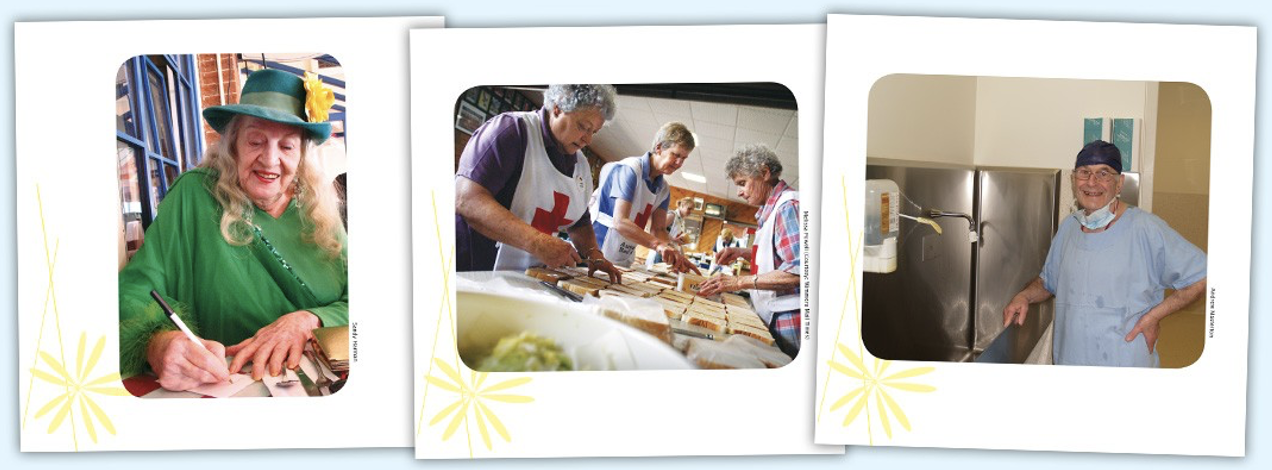| Duration: 60+ min Number of players: 10+ player/s Materials/ Tools needed: Role cards, An open space (a corridor, large room or outdoors), Tape or CD player and soft/relaxing music, A hat Publisher: Council of Europe – Compass Language: EN Links: https://www.coe.int/en/web/compass/take-a-step-forward |
Short description
“Take a step forward” – is an activity where participants take on roles and move forward depending on their chances and opportunities in life.
This activity is particularly relevant to making links between the different generations of rights (civil/political and social/economic/cultural rights) and the access to them. The problems of poverty and social exclusion are not only a problem of formal rights – although the latter also exists for refugees and asylum-seekers for example. The problem is very often a matter of effective access to those rights.We are all equal, but some are more equal than others.
Educational value/ Learning Objectives
- To raise awareness about inequality of opportunity
- To develop imagination and critical thinking
- To foster empathy with others who are less fortunate
Recommendations for use
- The power of this activity lies in the impact of actually seeing the distance increasing between the participants, especially at the end when there should be a big distance between those that stepped forward often and those who did not. To enhance the impact, it is important that you adjust the roles to reflect the realities of the participants’ own lives. As you do so, be sure you adapt the roles so that only a minimum of people can take steps forward (i.e. can answer “yes”). This also applies if you have a large group and have to devise more roles.
- Read the instructions carefully.
- In the imagining phase at the beginning, it is possible that some participants may say that they know little about the life of the person they have to role-play. Tell them, this does not matter especially, and that they should use their imagination and to do it as best they can.
Tips and Tricks for Facilitators
How to adapt game for different groups, topics, occasions/needs
- Review the list of “situations and events” and adapt it to the group that you are working with. Make the role cards, one per participant.
- Copy the (adapted) sheet either by hand or on a photocopier; cut out the strips, fold them over and put them in a hat.
- If you do this activity outdoors, make sure that the participants can hear you, especially if you are doing it with a large group! You may need to use your co-facilitators to relay the statements.
Feedback questions
During the debriefing and evaluation it is important to explore how participants knew about the character whose role they had to play. Was it through personal experience or through other sources of information (news, books, and jokes?) Are they sure the information and the images they have of the characters are reliable? In this way you can introduce how stereotypes and prejudice work.
Further discussion topics
Lifelong learning
Active participation
Discrimination




